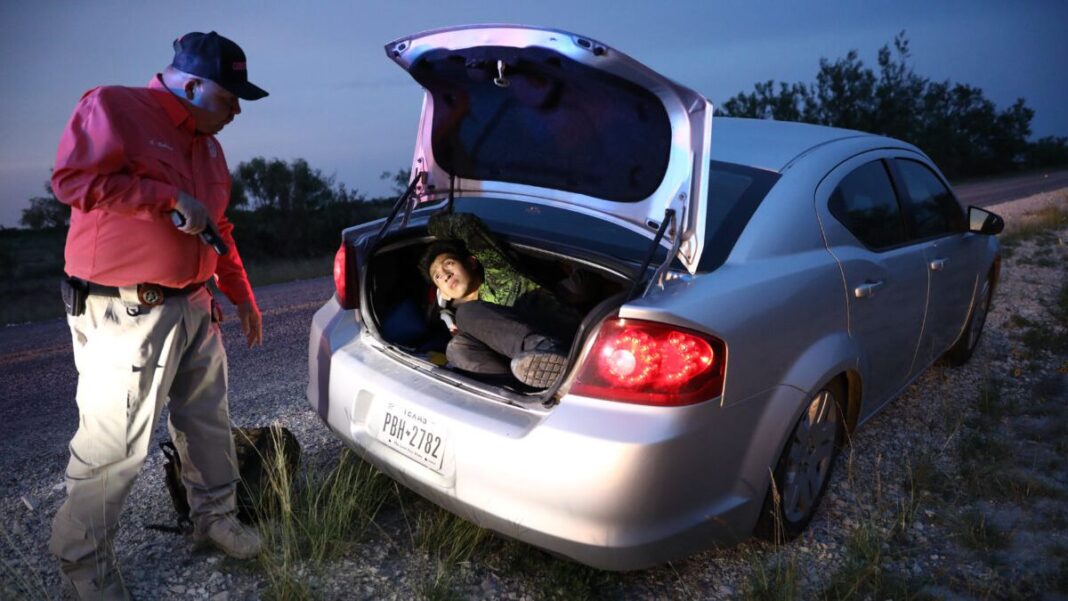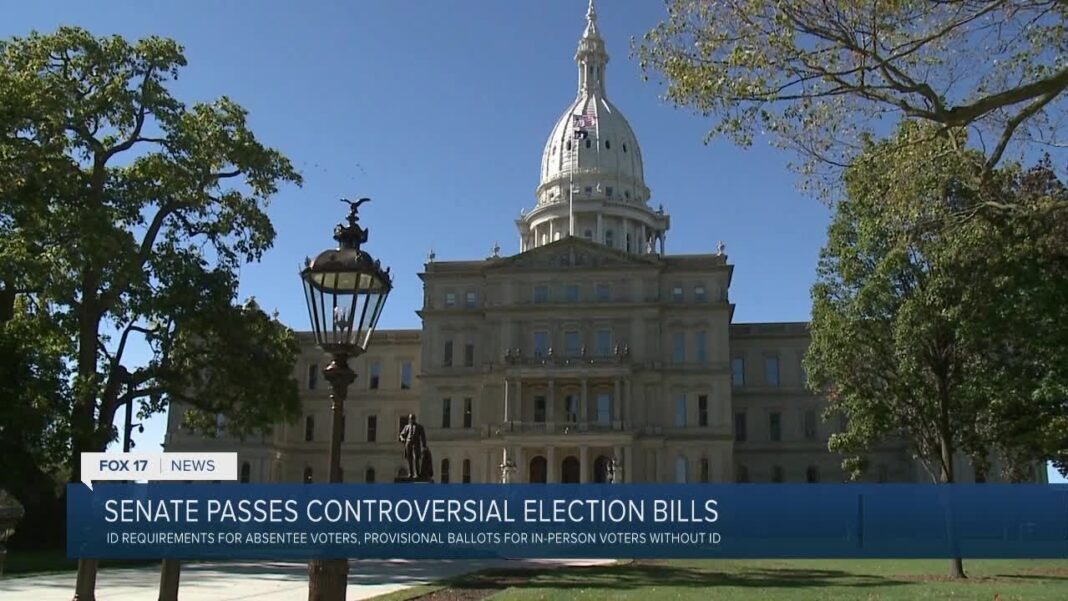DEL RIO, Texas—Social media platforms, encrypted messaging apps, and Google map pin drops are being utilized to move thousands of illegal aliens around Border Patrol checkpoints and eventually to large U.S. cities.
In Texas, drivers are recruited on social media—lured by the promise of quick cash—to haul illegal aliens to San Antonio, Houston, Austin, or Dallas. One U.S. citizen-driver told The Epoch Times he was promised $1,000 per person for the seven Guatemalans he was moving from Kinney County to San Antonio.
The Del Rio region of the Texas–Mexico border is largely ranchland, with small communities dotted in between and linked by rural roads.
The driver will have a general idea of the pickup location, and as the illegal aliens get close, the communication will ramp up, according to a senior Homeland Security Investigations (HSI) official in the Del Rio region. HSI is the investigative arm of Immigration and Customs Enforcement (ICE).
“There’s a foot guide that’s usually used to bring the noncitizens across the international border,” the official told The Epoch Times on June 4.
“Sometimes, they’ll drop a pin on a GPS map that coordinates their location to be picked up. And then the event starts from there, where they’re loaded up into a vehicle and try to conceal and evade law enforcement. And they’re transported to whatever parts of the country have been prearranged.”
The foot guide often communicates directly with the driver, but sometimes there’s a third party coordinating the smuggling from Mexico or from within the United States, the official said.
So far this fiscal year (since Oct. 1, 2020), the San Antonio HSI office has initiated more than 320 criminal investigations related to human smuggling. In fiscal 2020, the office initiated almost 450 smuggling probes.
Smuggling and trafficking are two distinct activities, according to ICE. While smuggling is the transportation of people from one place to another, involving the deliberate evasion of immigration laws, trafficking involves the use of “force, fraud, or coercion” to compel an individual into a commercial sex act or for involuntary servitude or slavery purposes. Child trafficking cases need not prove force, fraud, or coercion.








